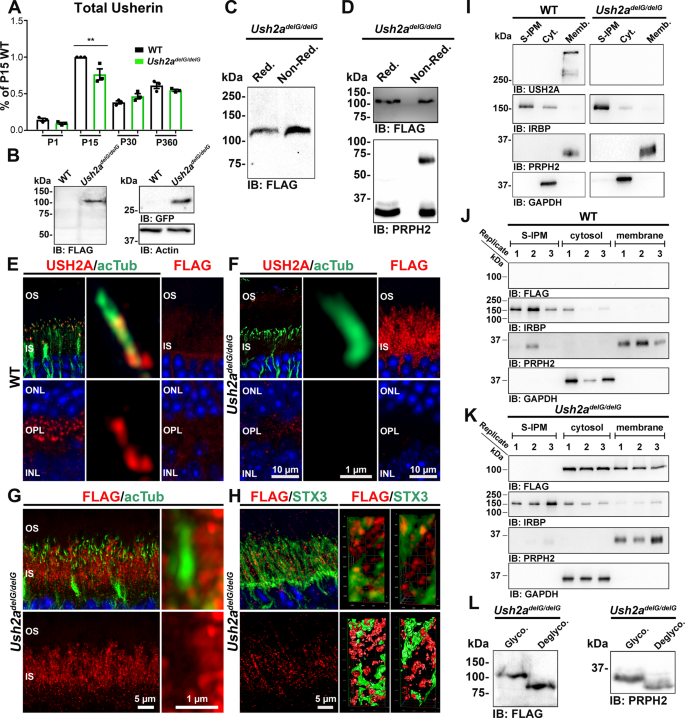2023-04-17 ピッツバーグ大学
研究者は、若者を喫煙から遠ざけ、予防可能な死亡を減らすために、米国食品医薬品局は、定期的なタバコ製品や一般的なタバコ製品など、燃焼式タバコ製品からメントールを排除するために圧力をかけ続けているが、世界中の電子タバコ製品市場は拡大を続けており、ミントやメントールの風味は2022年に電子タバコを吸った250万人の若者の最も人気のあるものの1つである。
<関連情報>
- https://news.engineering.pitt.edu/menthol-flavor-makes-vape-juice-more-toxic-damaging-to-lungs/
- https://www.upmc.com/media/news/041123-vape-juice-toxic-to-lungs
- https://pubmed.ncbi.nlm.nih.gov/37038183/
電子タバコのメンソール香料は、燃焼式タバコ喫煙者における吸入マイクロ・サブミクロン粒子の増加および肺機能の悪化と関連する。 Electronic cigarette menthol flavoring is associated with increased inhaled micro and sub-micron particles and worse lung function in combustion cigarette smokers
Divay Chandra, Rachel F Bogdanof, Russell P Bowler, Kambez H Benam
National Institutes of Health Published:2023 Apr 11
DOI:https://doi.org/10.1186/s12931-023-02410-9

Abstract
Flavored electronic cigarettes (ECs) present a serious health challenge globally. Currently, it is unknown whether the addition of highly popular menthol flavoring to e-liquid is associated with changes in the number of aerosolized particles generated or altered lung function. Here, we first performed preclinical studies using our novel robotic platform Human Vaping Mimetic Real-Time Particle Analyzer (HUMITIPAA). HUMITIPAA generates fresh aerosols for any desired EC in a very controlled and user-definable manner and utilizes an optical sensing system to quantitate and analyze sub-micron and microparticles from every puff over the course of vaping session in real-time while emulating clinically relevant breathing mechanics and vaping topography. We discovered that addition of menthol flavoring to freshly prepared e-liquid base propylene glycol-vegetable glycerin leads to enhanced particle counts in all tested size fractions, similar to the effect of adding vitamin E acetate to e-liquid we previously reported. Similarly, we found that menthol vs. non-menthol (tobacco) flavored pods from commercially available ECs leads to generation of significantly higher quantities of 1-10 µm particles upon inhalation. We then retrospectively analyzed data from the COPDGene study and identified an association between the use of menthol flavored ECs and reduced FEV1% predicted and FEV1/FVC independent of age, gender, race, pack-years of smoking, and use of nicotine or cannabis-containing vaping products. Our results reveal an association between enhanced inhaled particle due to menthol addition to ECs and worse lung function indices. Detailed causal relation remains to be demonstrated in future large-scale prospective clinical studies. Importantly, here we demonstrate utility of the HUMITIPAA as a predictive enabling technology to identify inhalation toxicological potential of emerging ECs as the chemical formulation of e-liquid gets modified.


